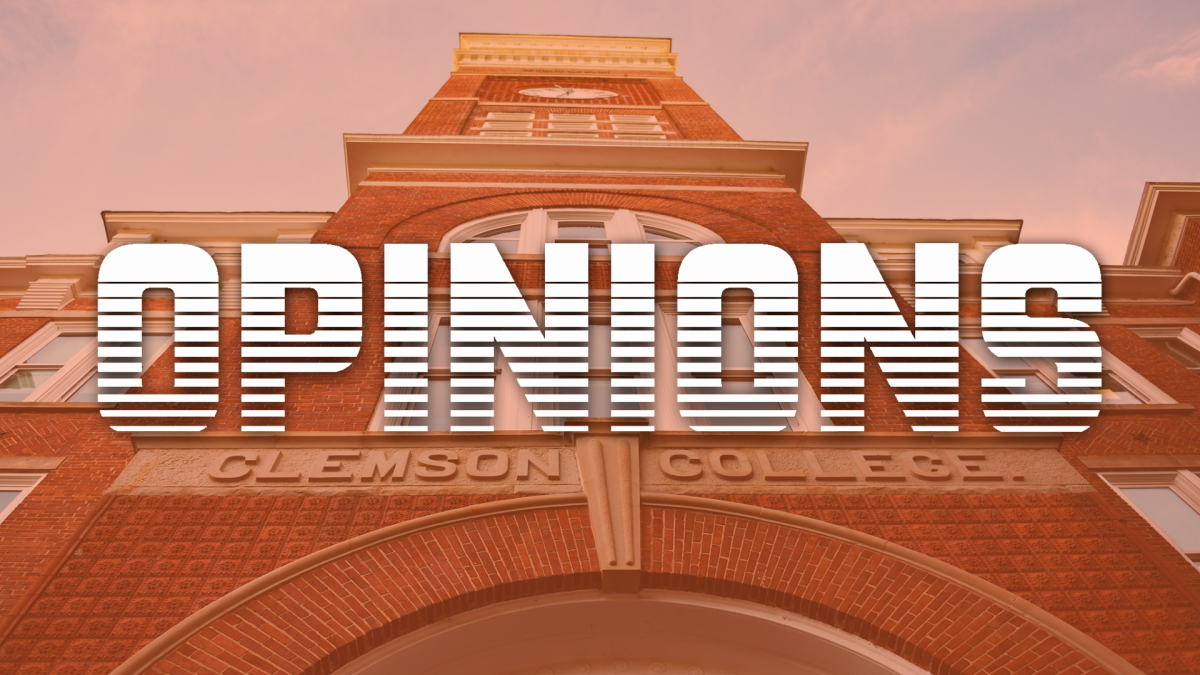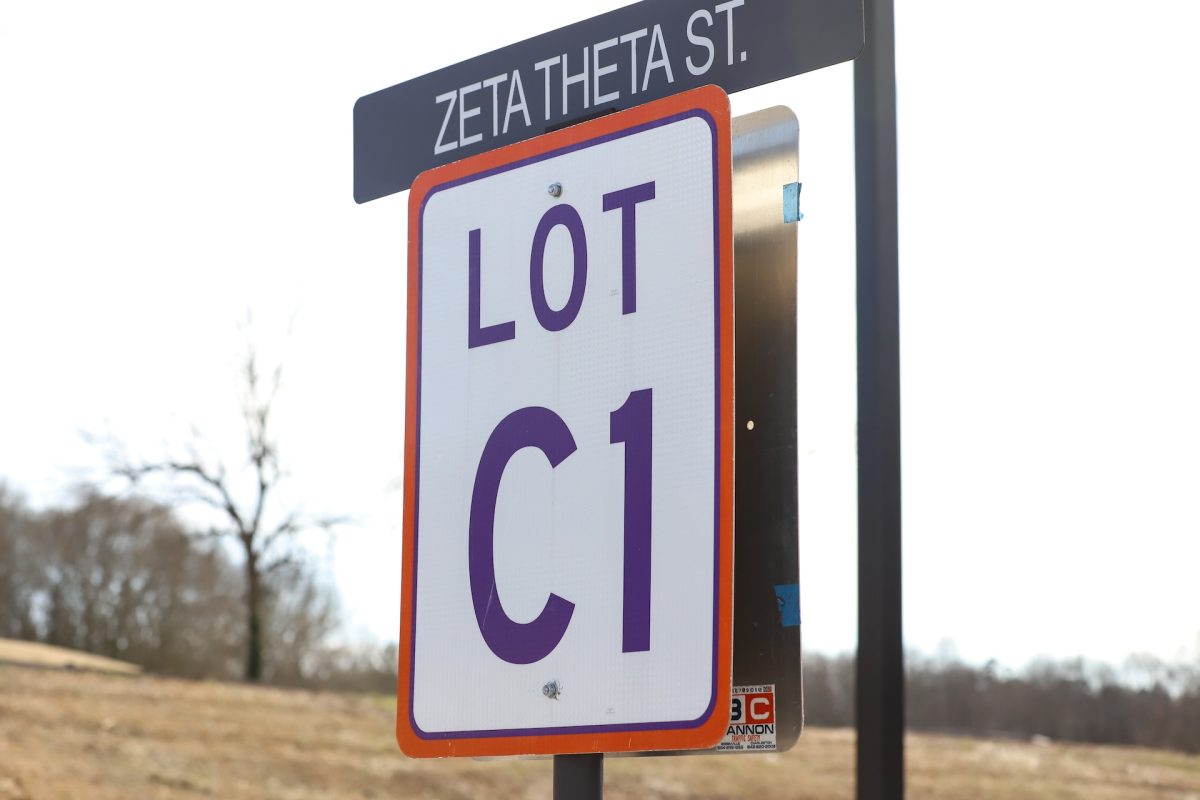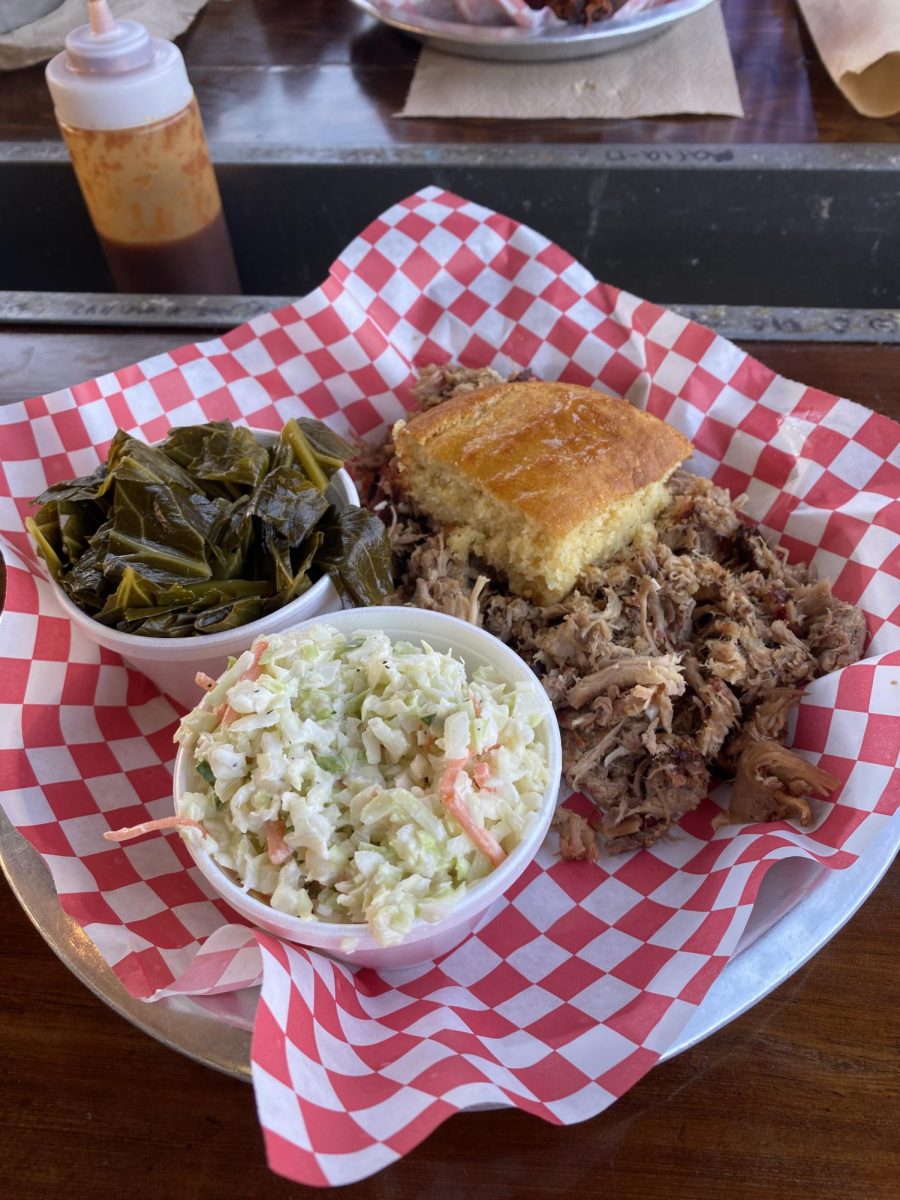Clemson students provide $400 million of the $800 million annual operating expenditure of Clemson University. As a result, they have an extensive wish-list of quite reasonable spending demands. The number of students is growing every year, and yet, there is still not one student representative on the Clemson Board of Trustees. Why not?
One of the beauties of the student body of any university, at least as far as responding to their activism is concerned, is that there is next to no continuity of institutional memory. This is to be expected of an entity whose membership undergoes an almost total change every four years.
So it is that the Clemson freshman class of 2019, on-campus now for only a few weeks, imagines that it is opening grievances that are totally fresh and original: too many students, not enough parking spaces and lines at Starbucks that seem to last a year.
However, the grievances are not new. Counter-intuitive as it may at first seem, the national success of the Clemson football team has led to a dramatic growth in academic enrollment in the past ten years. This, in turn, has resulted in a considerable increase in student fees flowing into Clemson’s coffers.
Clemson’s Board of Trustees has been more interested in applying all this extra dough to new building rather than to its students’ comfort, and this is what has led to all the current pressure on students, pressure which goes unaddressed because there are no student representatives on the Board of Trustees, and there is practically zero institutional memory among students.
Ironically and almost certainly forgotten among students, only a few years ago, a first-time candidate for any student elective office, standing on a platform demanding student representation on the Board of Trustees, was elected Clemson Student Body President. However, nothing was achieved. Why? The answer is due to the wording of the founding document of Clemson University – the Last Will and Testament of Thomas Green Clemson.
This Will sets out in some detail the required structure of the governance of the new Clemson University, a structure that is to have a specified number of Trustees (seven) named and nominated by Thomas Green Clemson. His Trustees are empowered, then, to name and nominate their successors in perpetuity. The remainder of the established thirteen Trustees are to be elected or appointed by the South Carolina Legislature.
There have, allegedly, been many sessions of anxious hand-wringing regarding the wording of Clemson’s Last Will, in respect of terms which appear to suggest that it can only be interpreted literally; no deviance is to be permitted.
However, there is nothing in the precise wording of the Will which prevents the SC Legislature from appointing or electing student representatives among its six Trustees. Nor is there admonition against a couple of student representatives (perhaps the Clemson Student Body President and the Student Senate President?) attending the Board of Trustee’s meetings in an ex-officio capacity – able to speak but not vote.
So, why are there no student representatives on the Board of Trustees? Recalcitrance on the part of the Board of Trustees? Recalcitrance on the part of the University President? Recalcitrance on the part of the Clemson University Student Government?
It’s not as if the idea hasn’t occurred to other people. Indeed, in the past few months, a Republican SC state senator has been quoted in the media saying that she would like to have “legislation that every state-supported college and university has a student representative [on its Board of Trustees] that can vote.”
Why shouldn’t this happen? Again, Clemson students through their annual fees provide $400 million of the annual $800 million operating expenditure of Clemson University. Surely, that buys a couple of places at the head table and the right to have the students’ demands considered alongside the latest pet building projects? Especially when the numbers of students keep swelling, as very likely do the building plans being considered by the Board of Trustees – based upon that increasing student beneficence.
Then again, there is a sting in the tail of the notion of strict adherence to a literal interpretation of the Will of Thomas Green Clemson. It is to be found in Item 3 of the Will in the words, “shall be free of costs to the pupils.”
Maybe the answer to the conundrum is this: put students on Clemson’s Board of Trustees, or give us back our fees.









